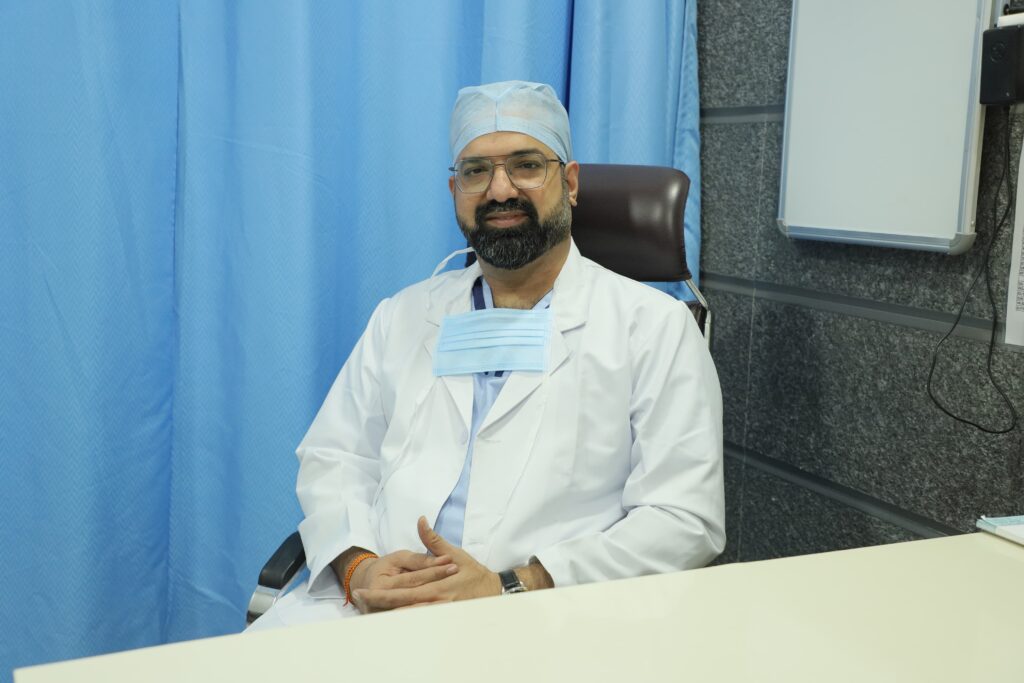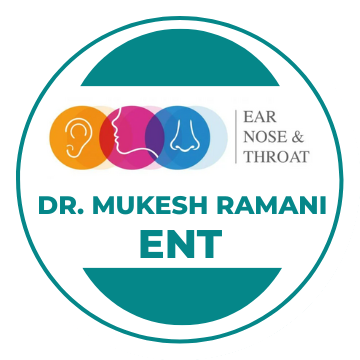Services
We Provide

Understanding Voice Disorders
Voice disorders are conditions that affect the vocal cords or the larynx, leading to changes in voice quality, pitch, volume, or resonance. These disorders can significantly impact an individual’s ability to communicate effectively and may cause discomfort or pain while speaking. Understanding the causes, symptoms, diagnosis, and treatment options for voice disorders is crucial for managing these conditions and preserving vocal health.
Diagnosis of Voice Disorders
Diagnosing voice disorders typically involves a comprehensive evaluation by a healthcare provider, often an otolaryngologist (ear, nose, and throat specialist) or a speech-language pathologist. During the examination, the provider may review the individual’s medical history and perform tests such as:
- Videostroboscopy: Videostroboscopy involves using a specialized camera to visualize the vocal cords and assess their movement and function.
- Acoustic Analysis: Acoustic analysis involves recording and analyzing the voice using specialized equipment to assess voice quality, pitch, and volume.
- Laryngeal Electromyography (EMG): Laryngeal EMG involves measuring the electrical activity of the muscles in the larynx to assess nerve function and muscle coordination.
Causes of Voice Disorders
Voice disorders can be caused by various factors, including:
- Vocal Cord Nodules or Polyps: Benign growths on the vocal cords, often caused by vocal strain or misuse, can lead to hoarseness or changes in voice quality.
- Laryngitis: Inflammation of the vocal cords, often due to viral or bacterial infections, can cause hoarseness, voice changes, or voice loss.
- Vocal Cord Paralysis: Paralysis or weakness of the vocal cords, often due to nerve damage or injury, can cause changes in voice quality, breathiness, or difficulty speaking.
- Vocal Cord Dysfunction: Dysfunction of the vocal cords, often due to improper coordination or muscle tension, can lead to voice breaks, hoarseness, or difficulty speaking.
- Gastroesophageal Reflux Disease (GERD): Chronic reflux of stomach acid into the throat can irritate the vocal cords and lead to voice changes or hoarseness.
Symptoms of Voice Disorders
Common symptoms of voice disorders may include:
- Hoarseness: Changes in voice quality, characterized by roughness, raspiness, or breathiness.
- Voice Fatigue: Fatigue or discomfort while speaking, particularly after prolonged use of the voice.
- Voice Changes: Changes in pitch, volume, or resonance of the voice, often accompanied by vocal strain or effort.
- Voice Loss: Temporary or permanent loss of voice (aphonia), often due to vocal cord inflammation or injury.
- Throat Pain: Pain or discomfort in the throat, particularly while speaking or swallowing.
It’s important to seek medical attention if you experience symptoms of a voice disorder, as early diagnosis and treatment can help alleviate symptoms and prevent complications. Treatment for voice disorders may include voice therapy, vocal rest, medications, or surgical procedures such as vocal cord surgery or injection laryngoplasty.
18+
years
of experience

Dr. Mukesh Kumar Ramani
Dr. Mukesh Kumar Ramani is a dedicated Specialist ENT Surgeon at Aster Clinic (Aster Jubilee Medical Complex) in Burdubai, Dubai. With over 18 years of experience in the field, Dr. Ramani has garnered expertise in various aspects of Otorhinolaryngology.
He completed his MBBS from Thanjavur Medical College, Tamilnadu, India, followed by MS (ENT) from B. J. Medical College, Ahmedabad, India, and DNB from the National Board of Examinations, New Delhi, India. Dr. Ramani’s extensive academic background is complemented by his passion for delivering high-quality patient care.
